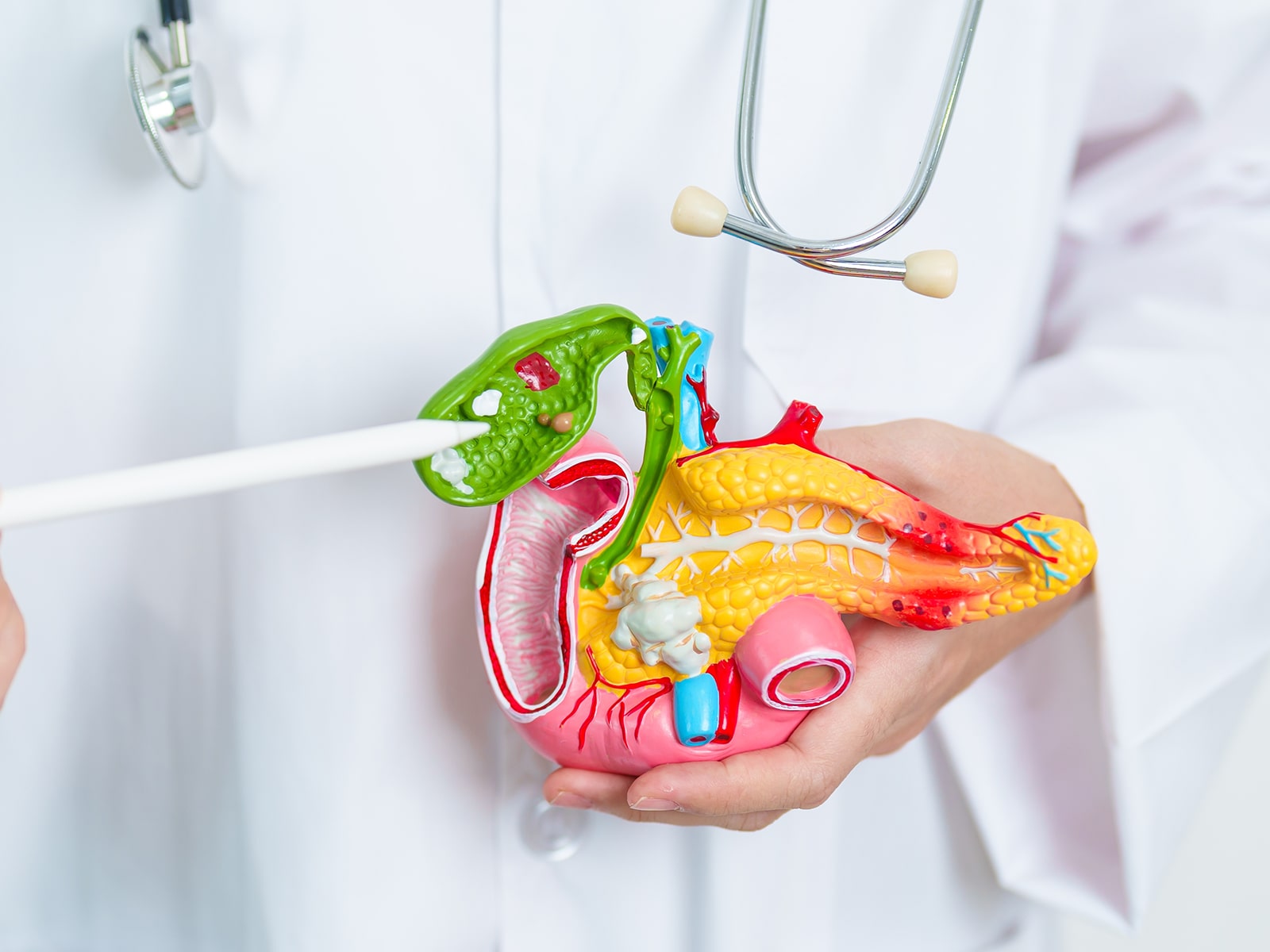
Gastric varices are malevolent, prolonged bruises in the lining of the stomach that occur when the volume of blood circulated by the portal vein is obstructed, or when there is an increase in the pressure of blood in the vein. The condition of such stasis of blood, which is often produced by liver disease, or by portal hypertension, is a weakness of vessels, which may be torn and produce hemorrhage.
Not every one is granted a notice before the bleeding occurs. On manifestation of the symptoms you may have found:
Gastric varices arise because of increased pressure in the portal vein that fills blood to the collateral veins. In some cases the causative factors are general and they may include:
With the orientation on patient-centered care and specific approach to gastric varices, GastroDoxs in Houston offers patient specialists in diagnostics, personal treatment plan and ICD-10 coding, which will be painless to pass it through insurance billing. We have board certified gastroenterologists and gastrointestinal varices specialists who cooperate with you during the diagnosis process to the follow up as a guarantee of the highest possible outcomes and a long-term sense of ease.
There is no point waiting until the next thing slacks and then scheduling the appointment to see our gastric varices specialist and get your digestive system on the right track.
We've successfully treated more than 1k patients, helping individuals improve their digestive health and overall well-being through expert, personalized care.
With over 20 years of experience, GastroDoxs has been a trusted provider of gastroenterology care, focusing on delivering the best outcomes for patients
An upper endoscopy that allows the observation of the distended veins in the stomach wall is also used to identify gastric varices. Cross-sectional imaging integrated in the shape of the CT scan or an abdominal ultrasound can also be used to evaluate portal hypertension and liver changes.
ICD-10 code of gastric varices is I85.1 with or without bleeding. It ensures that the right record keeping is done and the payment of insurance is easy with proper coding.
Yes. Gastric varices can also occur even without liver scarring because of splenic vein thrombosis by the clots formed by the portal veins or other circulatory complications despite the significance of cirrhosis.
The endoscopic band ligation is useful in the management of bleeding of gastric varices, but may not be durable enough in case of esophageal varices. Upon your gastroenterologist consultation, the most efficient endoscopic therapy will be prescribed upon regard to your own anatomy and a likelihood of bleeding.
Decrease the pressure at the portals and risk of bleeding; avoid alcohol, low salt diet, maintain to healthy weight, watch your blood pressure; watch any medications you are advised to take by the doctor.
Various insurance plans require the use of referral to see a gastroenterologist or a specialist. Call us-we will look onto your benefits and assist you with other approvals.
The surveillance endoscopy is generally recommended to most of the people after 6-12 months, depending on the size of your varices or the general risk of bleeding. This solution is changeable as per your reaction of the therapy.
Nonselective beta-blockers have the effects of lowering portal vein pressure, and removing the possibility of bleeding, although this does not guarantee the absence of the occurrence of new varices. Your physician will prescribe your condition to medical therapy.
The length of stay at the hospital of 2-3 days after TIPS is spent by the patients. With a typical period of 1 week of follow ups in our clinic in Houston, full recovery can take up to a week depending on the extent, though, most of them can resume their usual practices within a span of 1 week.
Yes. We will connect you with local liver and gastrointestinal support groups in the Houston area that will offer you community, education, and resources on the further care.